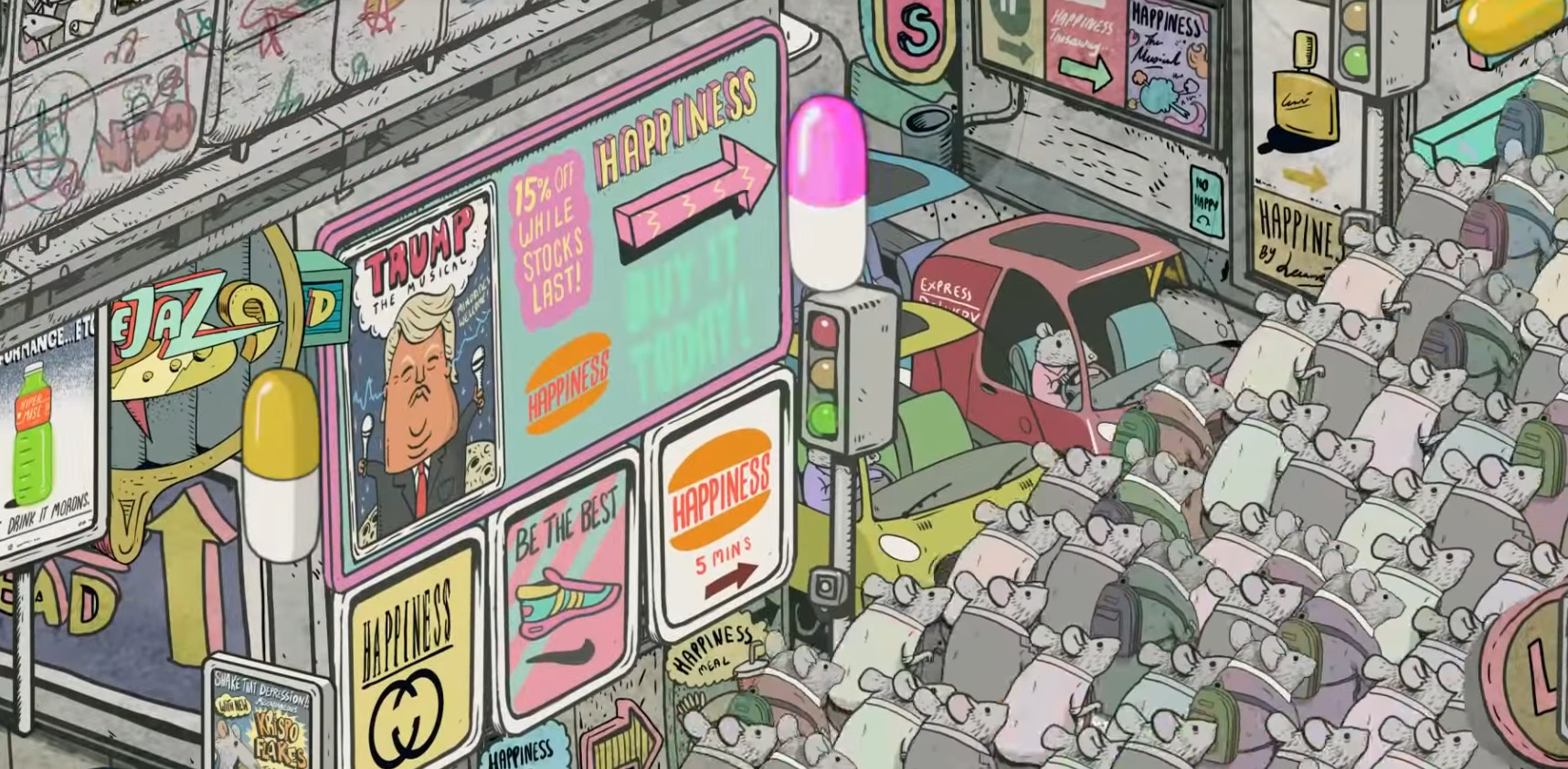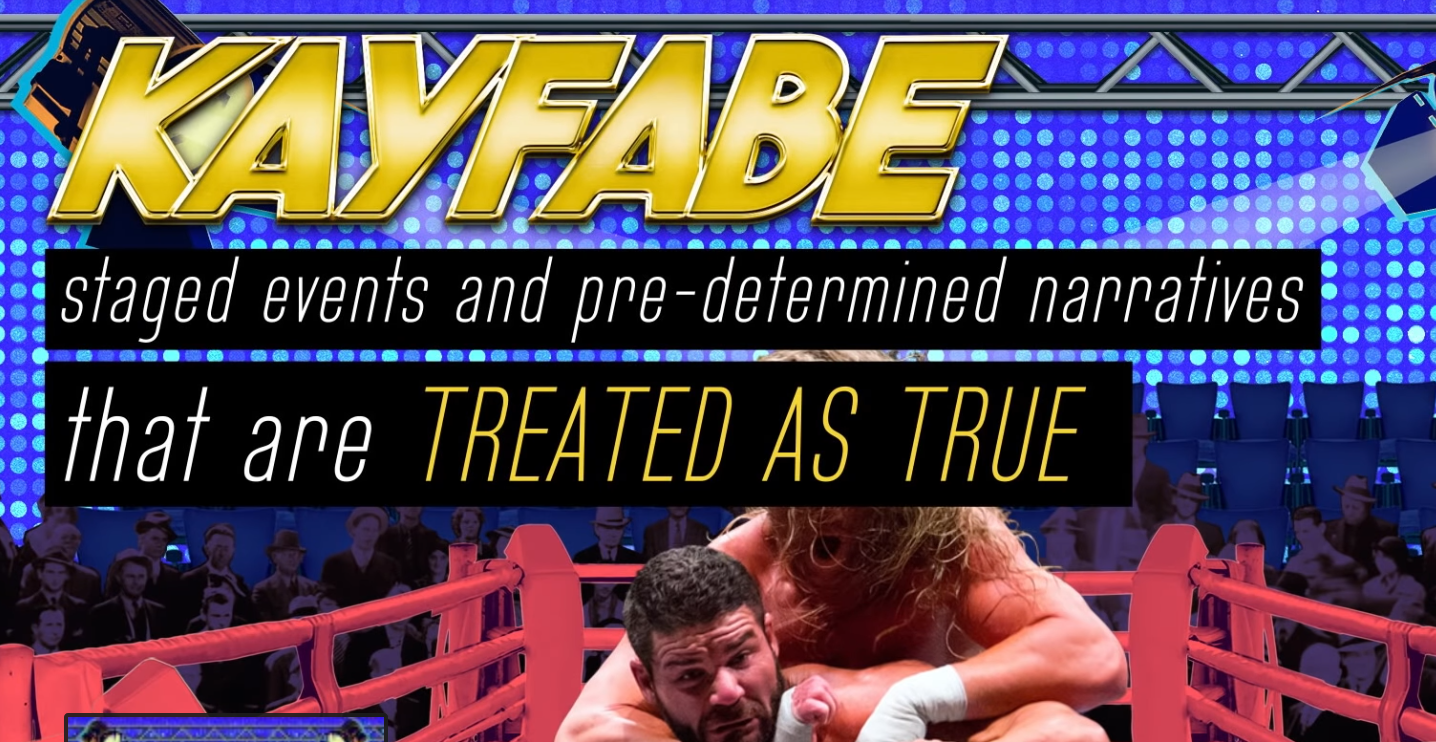
The secret to copywriting summed up in a movie.
When I worked for an advertising agency more than a decade ago, my colleagues and I went to see the movie Roger Dodger.
A movie starring actor Campbell Scott and this kid that played his nephew, Nick. Nick was trying to understand how to meet girls. Nick was played by some actor named Jessie Eisenberg.
Wonder whatever happened to that guy.
Anyway, Scott played an almost diabolically smart copywriter for an ad agency who gets an unannounced visit from his nephew Nick. While at his office, Nick asks Roger what his job is as a copywriter.
Roger, instead of something like, “I write words to communicate products to people,” says, “ I make people feel bad.”
That sets off the following conversation about copywriting:
Roger Swanson: You can’t sell a product without first making people feel bad.
Nick: Why not?
Roger Swanson: Because it’s a substitution game. You have to remind them that they’re missing something from their lives. Everyone’s missing something, right?
Nick: I guess.
Roger Swanson: Trust me. And when they’re feeling sufficiently incomplete, you convince them your product is the only thing that can fill the void. So instead of taking steps to deal with their lives, instead of working to root out the real reason for their misery, they go out and buy a stupid-looking pair of cargo pants.
Turn the dial back just a tad from the cynicism and the strategy that seemed to be laid out by Satan, he’s right.
Rodger just stripped off the corporate-speak and sheen of copywriting marketing speak that’s usually applied to smooth out the rough edges of the job.
That is the key to the job of a copywriter or content writer.
Not to tell, but to connect and clearly communicate the true transactional value within the communication. To let consumers know how they will connect to that “void” of sadness, fear or that feeling that something is missing in their lives. Then you introduce your product as the easier path to filling that void.
That’s what part of a copywriter or content strategist’s skill set needs to be. A bit of a pop psychiatrist or having the empathy to feel other people’s needs, then massage them to take action. That skill helps guide a writer to find just the right words to express that empathy and complete the connection between the consumer and the product’s ability to address it.































